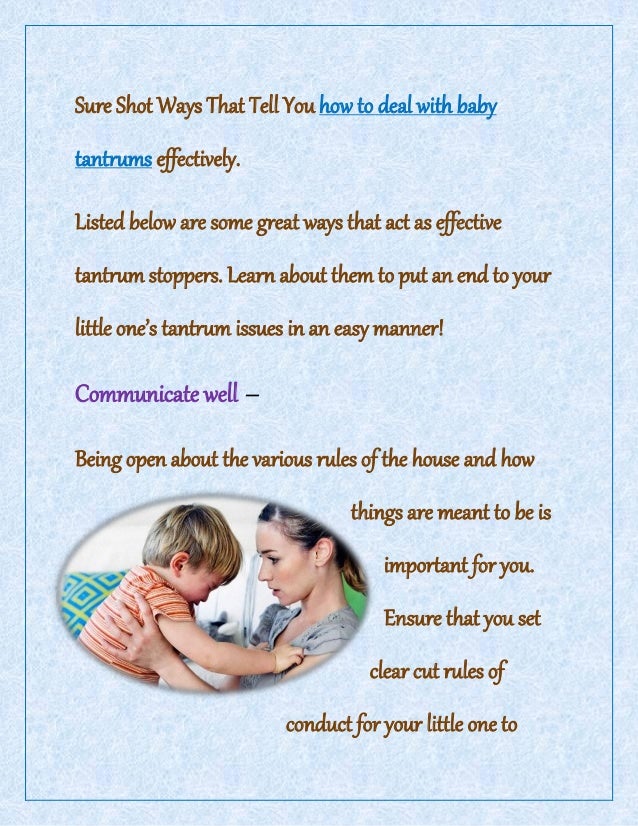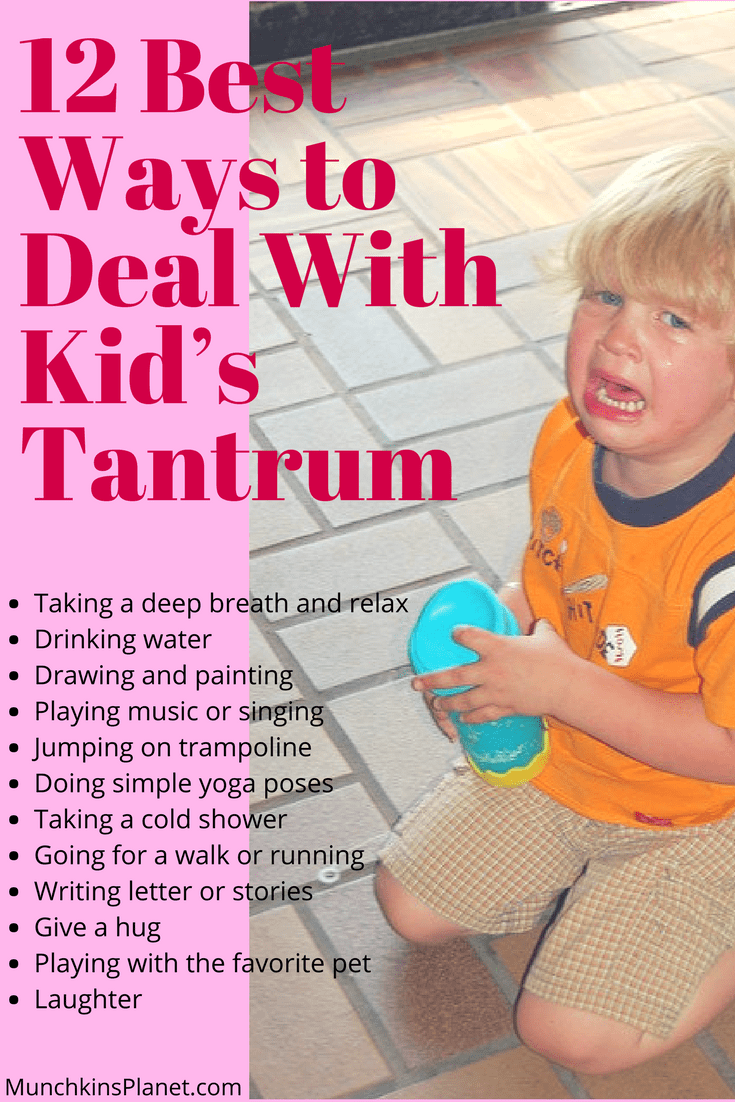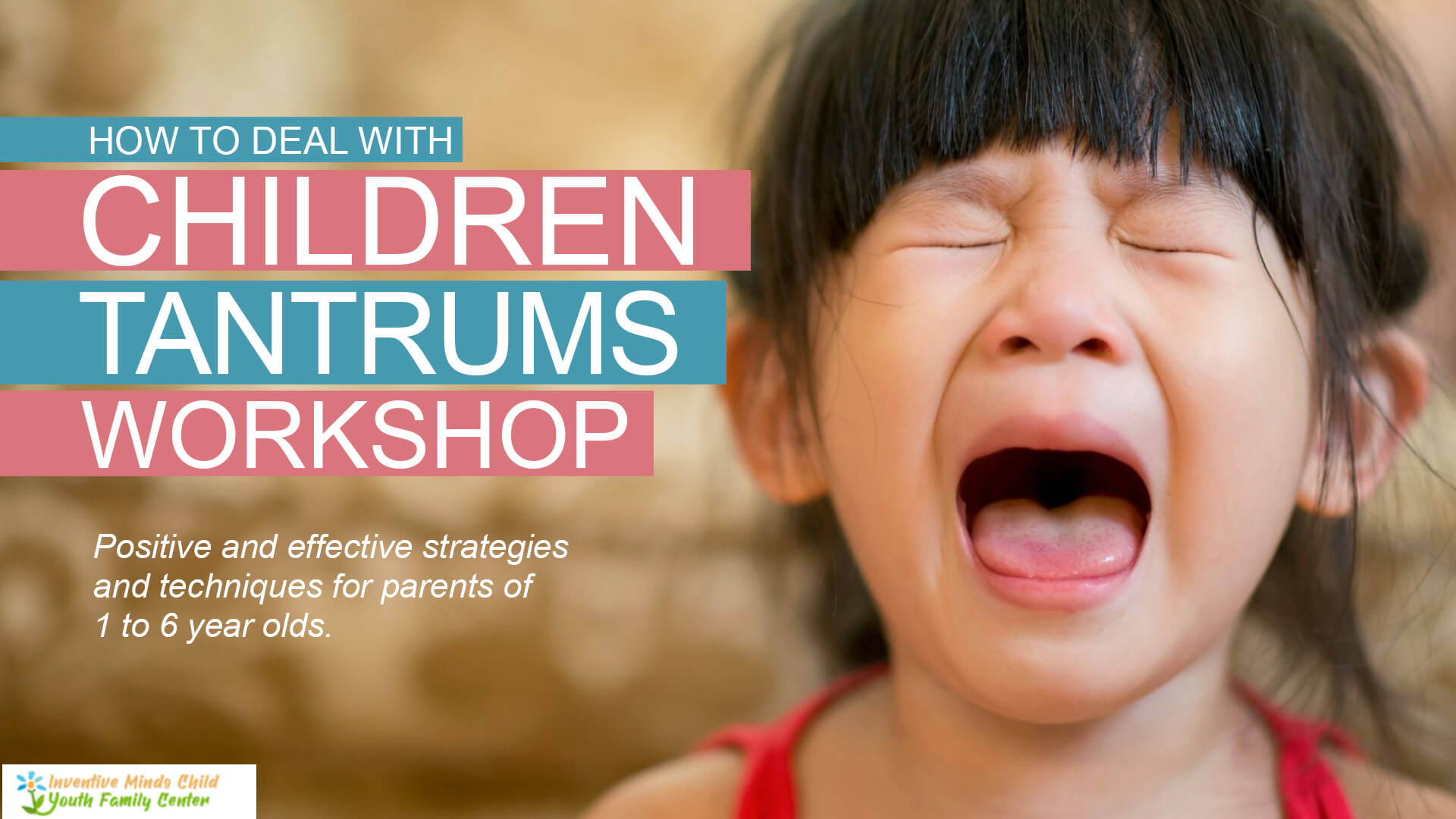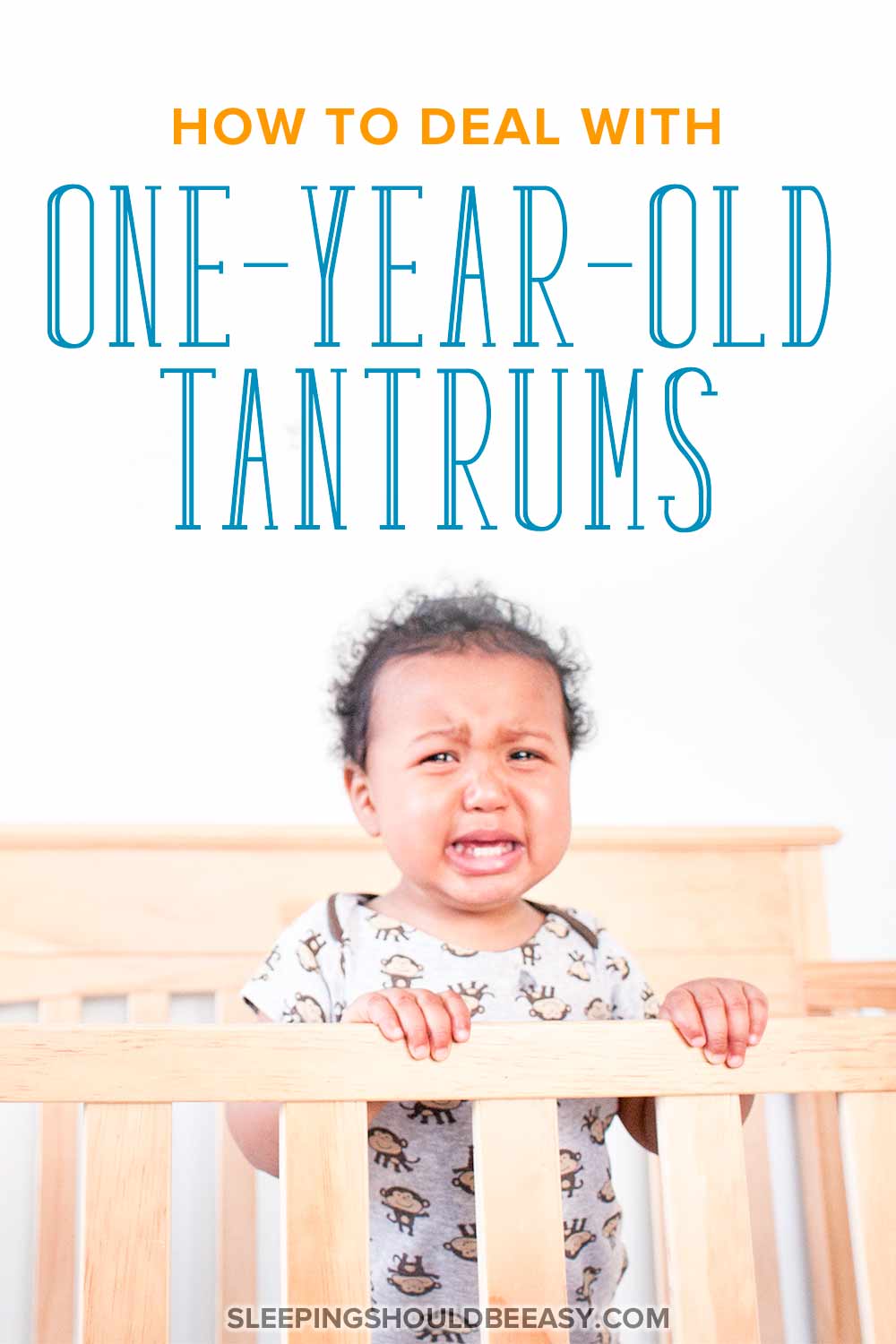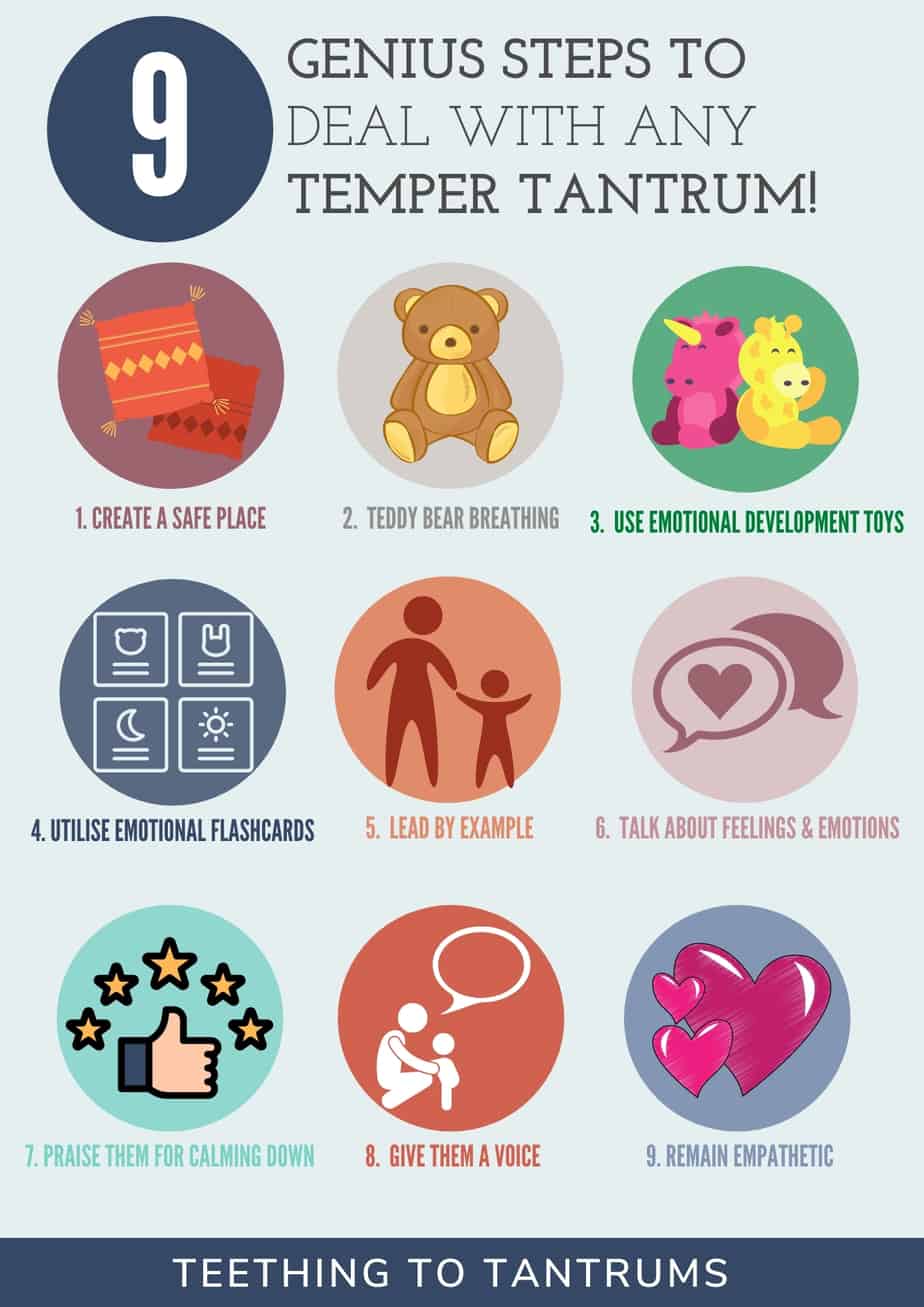Beautiful Work Info About How To Deal With One Year Old Tantrums

They typically decrease when a child starts school.
How to deal with one year old tantrums. One reason for this is toddlers want to express themselves, but find it difficult. A meltdown is an opportunity to help your child name their emotions, which will help them regulate. At this age, the most primitive or emotional part of the brain (the amygdala) is in control, and kids can go from happy to angry in a matter of seconds.
Tantrums happen most frequently between ages 1 and 4, averaging up to one a day. The goal is to teach him socially appropriate ways to deal with his big feelings. When a tantrum is happening, acknowledge children’s feelings.
Tantrums come in all shapes and sizes. Here’s an overview of why tantrums happen as young as a year of age and what you should (and should not) do about them. Here are a few ideas:
More full article 8 min read They're most common between ages 18 months to 4 years. For children between 1 and 2, tantrums often stem from trying to communicate a need—more milk, a diaper change, that toy over there—but not having language skills to do it, says dr.
Learn how to manage them. And sometimes, you know the reason for their tantrum but something else, such as a hug or distraction, may help to calm them down. Kids thrive on schedules and predictability.
Try not to fall into the “i. If you respond with loud, angry outbursts, your child might imitate your behavior. Come up with a list of things you can do to calm down and share it with your child.
These ideas may help you cope with tantrums when they happen. Give lots of praise when they compromise, try to calm themselves down or do something difficult without a tantrum. Think about why they are having a tantrum.
What can you do instead when your child throws a tantrum? Why is my 1 year old throwing a tantrum? Have a predictable daily routine for your 1 year old.
Help the child meet their need in a way you are ok with. Here’s more about tantrums at this age — what they look like, how you can deal with them, and when you might want to make an appointment with your pediatrician. Instead, try to distract your child.
As the parent, it’s important to think about things from their perspective. Wait at least an hour before talking about the tantrum. All behaviors are driven by three healthy needs:


